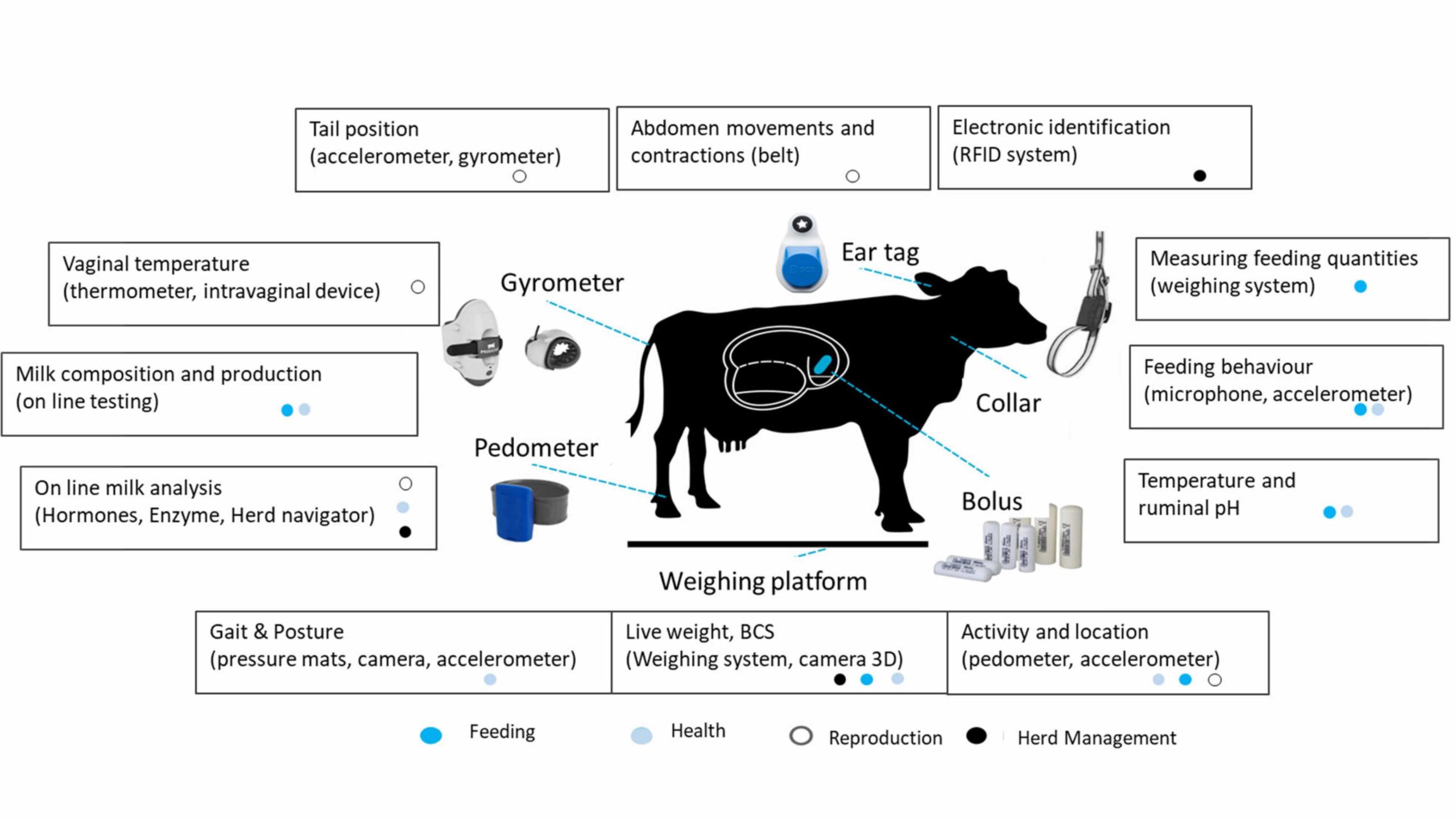On top of climate-driven shocks, conflicts, and economic stresses, the COVID-19 pandemic undermined the livelihoods of billions around the world in 2020. Food insecurity grew: 155 million people suffered acute hunger and 34 million people were on the brink of famine in 20 countries, according to the 2021 Global Report on Food Crises.
The May 10 T20 Forum on Climate Change, co-organized by the Italian Institute for International Political Studies (ISPI) and United Nations Food and Agriculture Organization (FAO) brought together representatives from governments, the private sector, and international organizations to discuss and strategize options for building a green future and making food systems more resilient post-pandemic. The T20 (Think20), hosted by Italy in 2021, is the G20 think tank platform.
FAO Chief Economist Maximo Torero stressed the role of food systems as both drivers of climate change and subject to its many impacts. “On one hand, climate change results in extreme temperatures causing disturbed precipitation patterns, flooding and famine, on the other hand it increases variability of temperatures affecting decision-making abilities of farmers and other actors across food value chains,” Torero said. Food systems must be made more resilient against such shocks. This requires minimizing risks and vulnerabilities by improving early warning systems, boosting farmers’ access to crop insurance, and expanding social protection programs in affected regions and populations.
Major hotspots for COVID-19 driven food crises include Africa, where climate change, the prevalence of conflict, and economic downturns compound pandemic impacts. South America, the Caribbean, and South Asia have also faced severe food insecurity due to lockdown policies, Torero said.
Other climate impacts, including rising groundwater salinity in coastal areas and shifts in growing seasons, are also harming livelihoods. Although “such stresses do not receive media attention or induce humanitarian operations, they expose vulnerabilities of people impacted by global or local crises like the COVID-19 infection and food price spikes,” said Gernot Laganda, Chief of Climate and Disaster Risk Reduction Programmes at the World Food Programme.
A key strategy to reduce risks is to “diversify food systems by implementing integrated production systems and having heterogenous and sustainable diets in place … we cannot build our way to global food security without acknowledging the role of healthy ecosystems in human well-being,” said María José Sanz Sánchez, Scientific Director at the Basque Centre for Climate Change.
Agenda 2030 (the UN Sustainable Development Goals) is the principal global strategy for addressing these issues. The agenda is “people centric,” former UN Special Envoy for Food Security David Nabarro said, focusing on synergy between different issues and sectors to encourage integrated action and partnership. The SDGs must be pursued locally and globally because environmental change, food systems, and public health all interact at both levels. “Concerted political efforts are crucial to ensure efficient and sustainable functioning and future of our food systems under the threat of climate change,” said Nabarro.
IFPRI Director General Johan Swinnen, co-chair of the T20 Task Force on Climate Change, Sustainable Energy & Environment, presented insights on resilience and equality within food systems and ensuring sustainable food security in a COVID-19 afflicted world. “Taking measures to reduce intensity and severity of shocks such as climate mitigation, improving capacity to anticipate shocks like the existing early warning systems, and increasing capacity to absorb shocks will help build more resilient and equitable food systems,” Swinnen said. “Having social safety nets and ready access to finance by rural populations is especially important to deal with shocks. In addition, we must expand infrastructural investments to reduce poverty and be careful that any digital innovations do not come at the cost of increasing inequality.”
Innovation and technology—fostered by institutions, humanitarian agencies and governments—are paramount in improving food safety and minimizing climate impacts, panelists said. Improving digital connectivity in food systems is crucial to build food security and eradicate hunger. Governments and communities must establish forecasting and early warning systems to help prevent future climate hazards and food crises, and make certain that these are backed with prepositioned financing and action plans. For instance, in 2020, 145,000 people in Bangladesh received mobile payments four days before the Brahmaputra River rose to dangerous levels, helping to keep a climate- and COVID-19-related disaster from escalating.
The pandemic has also driven innovations and entrepreneurial responses among multinational corporations, small and medium enterprises, and farms, Swinnen said, while governments have introduced new policies, including expanded social protection programs. Many households and individuals, meanwhile, have reduced food waste to contend with economic stresses.
Another key component to building resilient and sustainable global food systems, and promoting economic recovery, is changing individual behaviors—such as encouraging people to eat more high quality, nutritious foods—through communications campaigns and other means, said Sánchez.
Ultimately, though, addressing climate change and global food security will depend on countries and international organizations exercising the political will to meet the SDGs and other targets and to implement lasting policy changes, Nabarro said.
Swati Malhotra is a Communications Specialist with IFPRI’s Markets, Trade and Institutions Division.







